Water – it is the elixir of life. Something without which not a single day goes by. How many glasses of water should you drink a day? Is it true that a global drought is coming soon?
To shed some light on some of the myths and facts about water, we decided to compile a list of 5 myths and 5 facts based on research. Since water is important for life on Earth and for our personal sustainability, it is worth learning a little more about this amazing substance. marketers and nutritionists, as well as the benefits of this drink.
1. Myth: You should drink eight glasses a day
This is perhaps the most frequently cited water rule that is actually not true. The truth is that there is no scientific evidence to support the claim that eight glasses of water a day is optimal for health. The amount of water you should consume is highly dependent on factors such as age, weight, activity, temperature, altitude, alcohol intake, and other factors such as pregnancy.
Drinking water is good for health throughout the day, and eight glasses a day may not be enough in some cases and too much in others. In addition to thirst, a telltale sign that the body needs more fluids, is the color of your urine - light yellow is good, while darker yellow or amber indicates that you may need more water. If you want to drink eight glasses a day and still feel good, then this formula is perfect for you. If you are already consuming more and feel great, then there is no reason to cut back. 2. Myth: There will be a global water shortage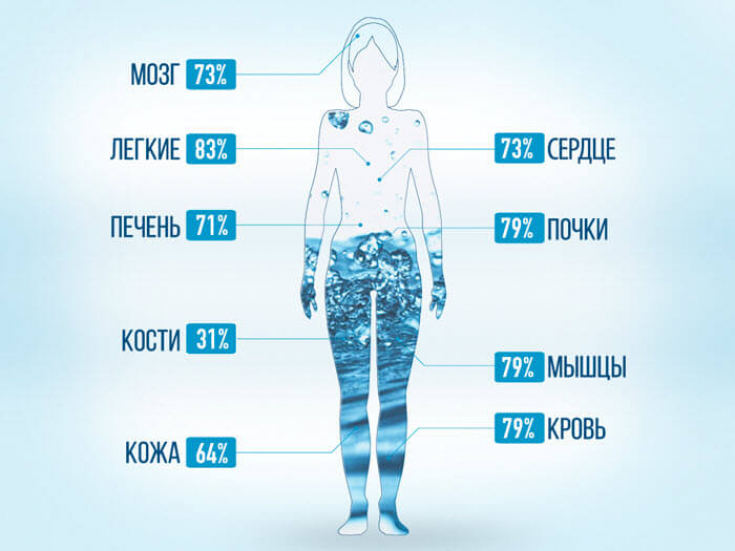
If you watch the news, chances are you've seen one or two reports of water shortages in some areas and droughts in others. The fact is that the amount of water on planet Earth has not changed in millions of years. Our planet is a closed system
Detox Water: Health Benefits
While less than three percent of the earth's water is fresh, the oceans generate an estimated 45,000 gallons of rainwater daily for every person on earth. This means that more fresh water is created on planet earth each month than the average Canadian would use in a decade.
So why all the fuss you ask? The reality is that many of our communities revolve around reservoirs where we once had enough water. While the amount of rainfall and fresh water produced on the planet remains the same, the amount of rainfall that reaches our bodies of water can change. These reservoirs are also influenced by the local population; when there are more people around, more water comes out of these resources. But in the closed environment that is the earth, the water we need still exists, but not where we used to get it.
3. Myth: Bottled water is healthier than tap water
Of course, there are some cases where this is true, but this is not always the case. The fact is that many of the bottled water companies that you think provide water from natural springs or glaciers actually get their water from the same public water system that goes to your kitchen faucet. If you also think that plastic water bottles can leach chemicals like PET or BPA into your water, which means that the very packaging you get your water from can affect your health.
Before we completely blacklist the myth that bottled water is the best choice, let's consider the fact that right here in Toronto, tap water also has some health issues. The Toronto Star has released some news about the presence of lead in drinking water at home. Lead can cause damage to the central nervous system and brain, as well as short-term and long-term health problems. >
Since health concerns exist in both bottled and tap water, the best choice for the consumer is to install a water filtration system at the source where the water enters the homeowner's side (whole house filter) and/or additional protections such as like water filters under the sink. These filtration systems will serve to remove contaminants and provide homeowners with the added benefit of cost savings over conventional bottled water purchases.
4. Myth: You don't need as much water in winter as you do in summerMany people find it easy to fill their bodies with water during the summer because they can visibly see their own sweat while exercising or otherwise. This makes it easy to see the onset of dehydration, as we don't sweat as much in winter. The reality is that the body is still losing fluids in the winter, and perhaps to a greater extent due to the drier air. As the winter months roll in, there is less moisture in the air, which can lead to the need for more fluids.
5. Myth: sports drinks are better than water during exercise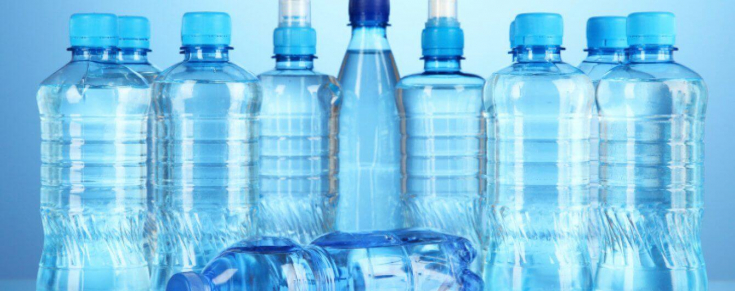
xxxx>5. Myth: sports drinks are better than water during exercise
xxxx>5. Myth: sports drinks are better than water during exercise
Contrary to popular belief, sports drinks are not recommended for workouts of less than one hour; there is water. For exercise that lasts more than an hour, sports drinks are recommended as they help restore electrolytes. However, in short-term exercise, sugary drinks are not recommended due to
empty calories.
H2O – just add water
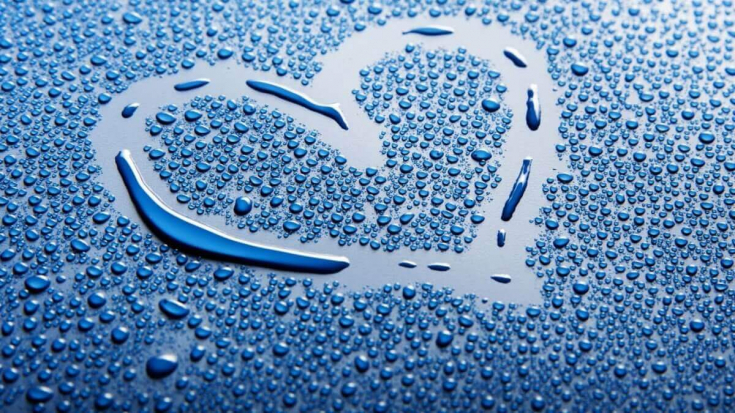 One of the things that makes our planet special is the presence of fresh water. Water is fundamental to all life - without it, all living things would die. It covers about 70% of the Earth's surface and makes up 65-75% of our body (82% of our blood is water). Although water is tasteless - colorless, tasteless and odorless - it has amazing properties that make it essential to sustain life.
One of the things that makes our planet special is the presence of fresh water. Water is fundamental to all life - without it, all living things would die. It covers about 70% of the Earth's surface and makes up 65-75% of our body (82% of our blood is water). Although water is tasteless - colorless, tasteless and odorless - it has amazing properties that make it essential to sustain life.
The chemical composition of water is H2O - two hydrogen atoms and one oxygen atom. The properties of water are special because of how its atoms join together to form a water molecule, and because of the way the molecules interact with each other.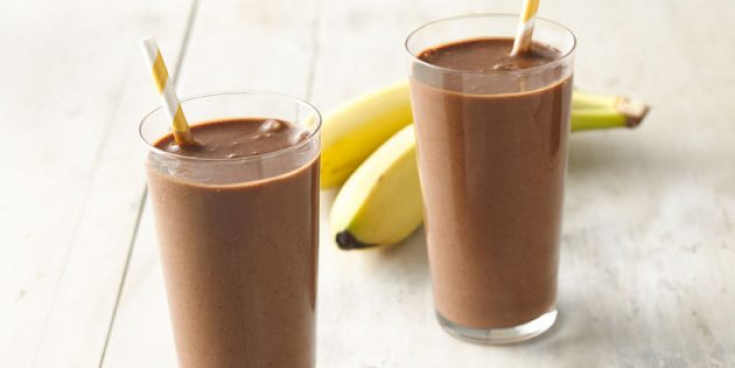
After reading our article, you learned
5 myths about water , which you don't need to believe in and made sure that water is an indispensable part of our life.
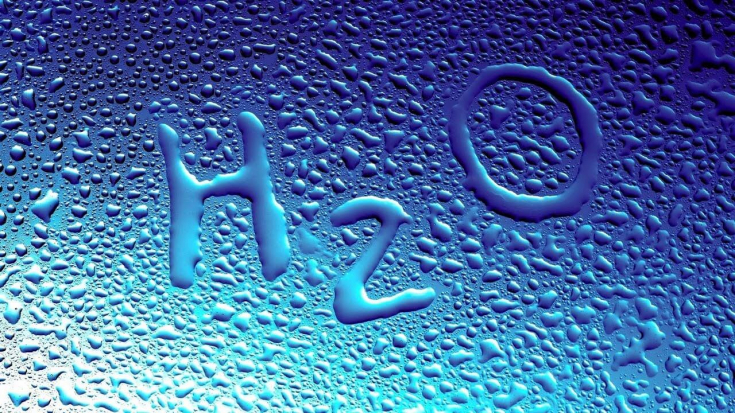






Add a comment